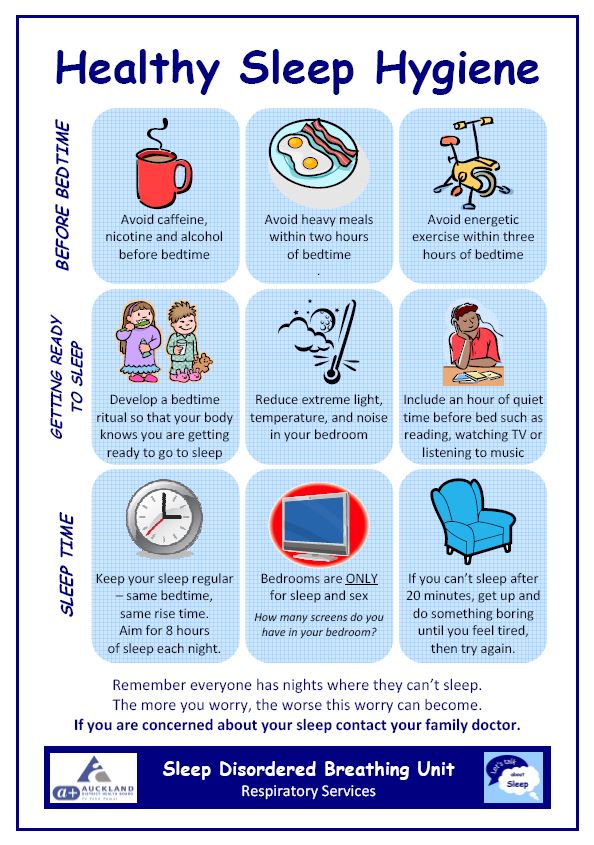In today’s fast-paced world, getting a good night’s sleep is more important than ever. Without proper sleep, our bodies and minds suffer, leading to decreased productivity, poor concentration, and even physical health issues. That’s why it’s essential to practice good sleep hygiene, which refers to adopting healthy habits and routines that promote quality sleep. In this post, we will explore the importance of sleep hygiene and provide you with some practical tips to help you prioritize your sleep.
Sleep Hygiene Basics
Before we dive into the tips, let’s understand the fundamentals of sleep hygiene. Sleep hygiene involves establishing a consistent sleep routine and creating an environment conducive to sleep. It includes factors such as the time you go to bed and wake up, the quality of your sleep environment, and your daily habits leading up to bedtime.
 Creating a relaxing bedtime routine is crucial for good sleep hygiene. It signals to your body that it’s time to unwind and prepare for sleep. Consider incorporating activities such as reading a book, taking a warm bath, or practicing relaxation techniques like deep breathing or meditation.
Creating a relaxing bedtime routine is crucial for good sleep hygiene. It signals to your body that it’s time to unwind and prepare for sleep. Consider incorporating activities such as reading a book, taking a warm bath, or practicing relaxation techniques like deep breathing or meditation.
Optimizing Your Sleep Environment
The environment in which you sleep can greatly impact the quality of your sleep. To optimize your sleep environment:
- Ensure your bedroom is dark, quiet, and at a comfortable temperature.
- Invest in a comfortable mattress and pillows that support your body.
- Avoid electronics, such as smartphones or laptops, in the hour leading up to bedtime, as the blue light emitted from screens can interfere with sleep.
 Establishing consistent sleep and wake times is another essential aspect of sleep hygiene. Try to go to bed and wake up at the same time each day, even on weekends, to regulate your body’s internal clock.
Establishing consistent sleep and wake times is another essential aspect of sleep hygiene. Try to go to bed and wake up at the same time each day, even on weekends, to regulate your body’s internal clock.
Healthy Sleep Habits
Besides maintaining a sleep-friendly environment, adopting healthy habits during the day can also improve your sleep:
- Avoid consuming caffeine or large meals close to bedtime, as they can interfere with sleep.
- Engage in regular exercise, but try to finish your workout a few hours before going to bed to allow your body time to wind down.
- Limit alcohol and nicotine intake, as they can disrupt sleep patterns.
 By implementing these healthy habits into your daily routine and creating a sleep-friendly environment, you can significantly enhance the quality of your sleep and reap the numerous benefits that come with it. Not only will you have more energy and focus during the day, but you’ll also improve your overall well-being and immune function.
By implementing these healthy habits into your daily routine and creating a sleep-friendly environment, you can significantly enhance the quality of your sleep and reap the numerous benefits that come with it. Not only will you have more energy and focus during the day, but you’ll also improve your overall well-being and immune function.
Final Thoughts
Getting enough sleep and practicing good sleep hygiene is essential for maintaining a healthy and balanced lifestyle. As you prioritize your sleep and embrace these tips, you’ll likely notice positive changes in your mood, cognitive function, and overall quality of life.
Remember, it’s not just the quantity of sleep that matters, but also the quality. So, take the necessary steps to create a sleep-friendly environment, establish a consistent sleep routine, and adopt healthy habits throughout your day. Your body and mind will thank you for it!